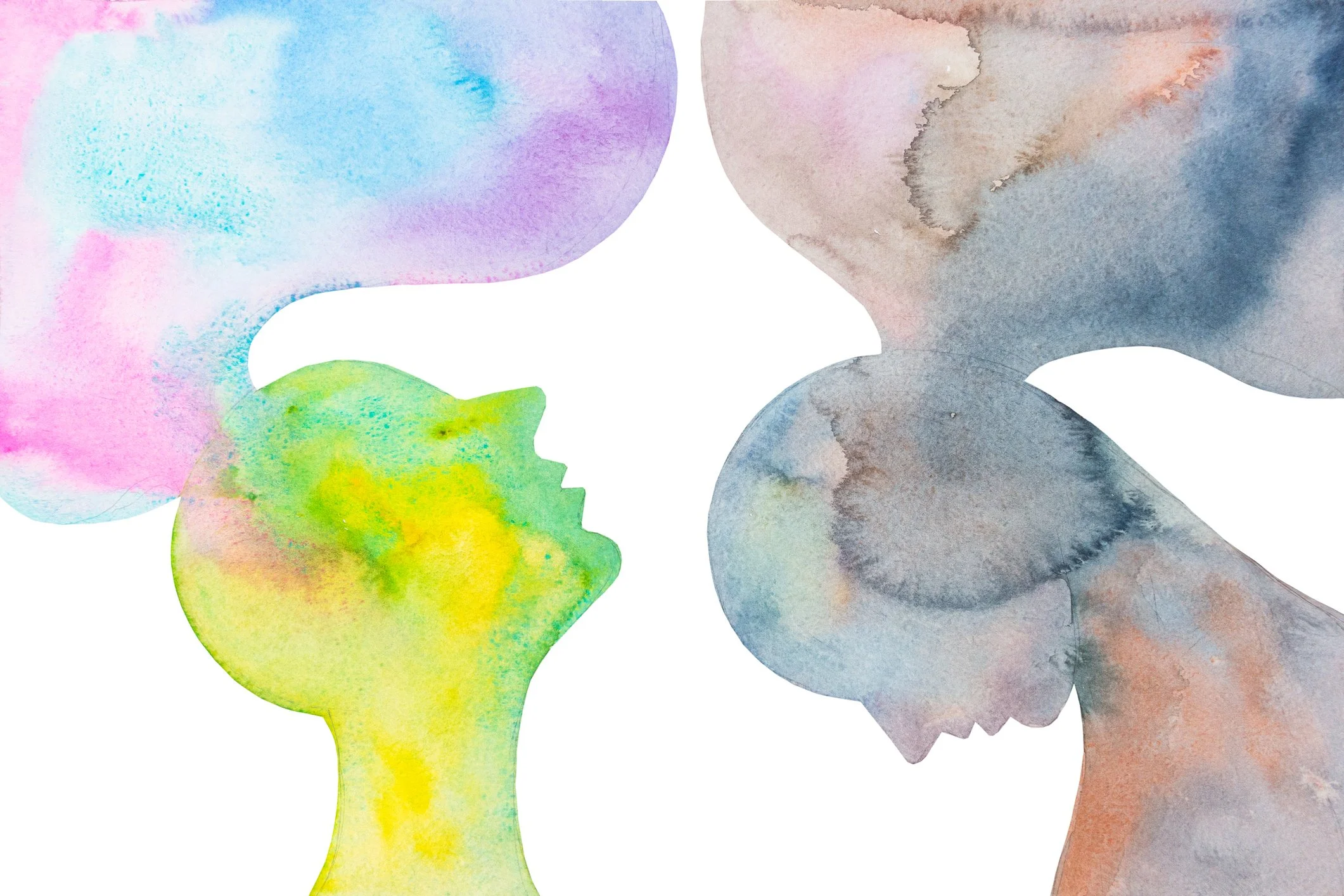Caregivers
“The simple act of caring is herioc.”-Edward Albert
Feelings of Guilt and Shame
Feeling Inadequate: Caregivers may feel guilty for not meeting their loved one’s needs perfectly or for struggling to balance caregiving with other responsibilities. Thoughts like, “I should be able to do more” or “I’m failing them” are common.
Resentment: Caregivers may feel frustrated or resentful toward the caregiving role, which can trigger guilt for having such feelings.
Prioritizing Their Own Needs: Taking a break, seeking help, or prioritizing personal well-being can lead to guilt, as caregivers may feel they are abandoning or neglecting their loved one.
Decisions About Care: Placing a loved one in long-term care, hiring outside help, or setting boundaries may lead to feelings of guilt, even if it’s in the best interest of everyone involved.
Caregivers face extraordinary demands that go beyond those of most parents. Every day, they are asked to stretch beyond their capacity to support their child or loved one. Often unpaid and unacknowledged, their tremendous sacrifices can take a toll. As a result, caregivers experience unique challenges that, if left unaddressed, can lead to burnout, depression, and anxiety.
How can I help?
I have worked with many individuals and couples who are caregivers. Often, simply having a safe, supportive space to talk about their stressors provides immense comfort. My primary principle when working with clients is to create a space of complete non-judgment. Whether you’re feeling angry, sad, or overwhelmed, I will sit with you in those emotions without judgment. I have found that caregivers also struggle to access their emotional world because they are operating on autopilot or in survival mode. In therapy, I provide caregivers with the opportunity to explore their emotions and help them develop the language to identify and express their inner experiences. This empowers them to communicate more effectively with those around them.
When working with couples who are caregivers, I believe it is crucial to ensure that each partner has the space to share their personal stressors and coping strategies. Many times, these sessions also involve having sensitive conversations about their child’s future—discussions that are often difficult to navigate amidst the busyness of daily life.
Emotional Strain and Burnout
Grief and Loss: Caregivers often experience anticipatory grief when caring for loved ones with terminal conditions or ambiguous loss when their loved one is physically present but cognitively or emotionally altered.
Caregiver Burnout: Constant caregiving without adequate rest or support can lead to exhaustion, irritability, and emotional withdrawal. A 2021 report by the National Core Indicators (NCI) revealed that 81% of states reported a shortage of Direct Support Professionals (DSPs). This shortage exacerbates caregiver burnout, as family caregivers are often left to shoulder the majority of caregiving responsibilities.
Chronic Stress: Managing the needs of a loved one, particularly those with complex medical, developmental, or mental health issues, can result in heightened levels of stress. Over time, chronic stress can contribute to various physical health problems, including heart disease, high blood pressure, digestive issues, muscle tension and pain, headaches, sleep disturbances, and difficulties with memory and focus.
Social Isolation
Caregiving can limit opportunities for socializing, leading to feelings of loneliness and disconnection from friends and family. Approximately 43.7% of caregivers reported moderate loneliness, and 17.7% reported severe loneliness.
Time Constraints: Caregiving responsibilities often consume much of a caregiver’s time, leaving little room for socializing or pursuing personal interests.
Emotional Exhaustion: Caregivers may feel too drained to engage with others or maintain meaningful relationships.
Changes in Priorities: Social activities may take a backseat as caregiving becomes the primary focus.
Lack of Understanding: Friends and family may not fully understand the caregiver’s situation, leading to feelings of isolation. Caregivers may avoid sharing their struggles due to fear of judgment or being seen as complaining.
Geographic and Physical Barriers: Some caregivers live in rural or remote areas with fewer resources and social opportunities. Limited transportation options can make it challenging to attend social events or support groups
